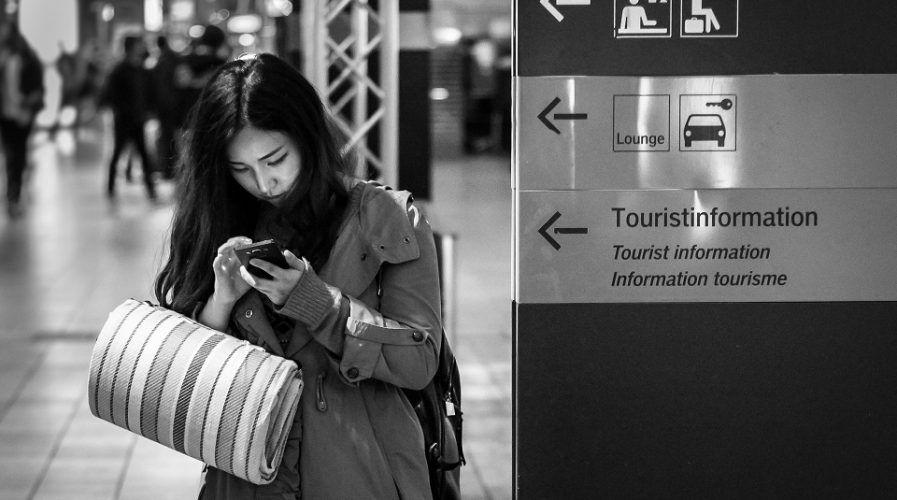
Source: Flickr/Sjoerd Lammers
Uber China one-ups ride-hailing rivals with UberLIFE and Uber+Travel
UBER CHINA has announced it is repositioning itself as an “all-in-one solution” for Chinese customers by launching two new services – UberLIFE and Uber+Travel.
The announcement, which was made at TechCrunch’s annual conference in Shanghai on Saturday, came from Uber China’s VP of Operations and Regional General Manager of Central China, Kate Wang.
The newest offerings will be rolled out across the country this year, and is Uber China’s way of getting people to spend more time in the app even after they’ve gotten into the car they just hailed through it.
According to the company, UberLIFE is a localized digital lifestyle magazine which will connect passengers to events, activities, parties, and restaurants in their area.
According to All China Tech, UberLIFE’s director, Wang Qingyun, said it found upon analysis of user behavior that “Chinese users would often open the app after their rides start, although there is no more than a map and their route on the app.”
SEE ALSO: Singapore becomes first Asian country to get food delivery via UberEATS
Meanwhile, Uber+Travel aims to help users who are traveling overseas by connecting them to everything they might need transport-wise, from boats to air balloons.
TechCrunch reports that during the announcement, Uber China aired a promo video which showed brand new services such as UberBoat and UberBalloon in the works.
Wang was quoted saying: “This reminds us that Uber is a global service serving global citizens. It is rooted in each of the cities.”
SEE ALSO: Chinese ride-hailing app Didi Chuxing scores $7.3 billion in latest funding
Earlier this month, Uber claimed it is on track to becoming the country’s most popular ride service within a year. Having only been operating there for two years, it has taken significant strides alongside its biggest rival, Didi Chuxing, despite having been blocked on WeChat.
WeChat is owned by Tencent, who is an investor in Didi Chuxing, which could signify why Uber is blocked on the social media platform – not that it has hindered it much.
Zhen Liu, SVP of Strategy, said: “Last year, we were only operating in eight cities and we were [at] about one percent marketshare. A year later, we are about one-third of the marketshare and operating in over 60 cities across China.”
READ MORE
- Ethical AI: The renewed importance of safeguarding data and customer privacy in Generative AI applications
- How Japan balances AI-driven opportunities with cybersecurity needs
- Deploying SASE: Benchmarking your approach
- Insurance everywhere all at once: the digital transformation of the APAC insurance industry
- Google parent Alphabet eyes HubSpot: A potential acquisition shaping the future of CRM
